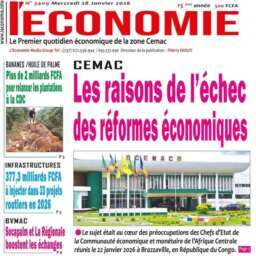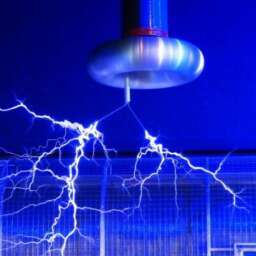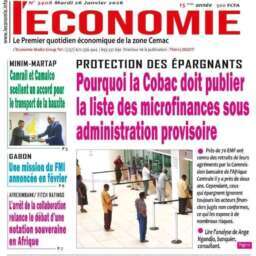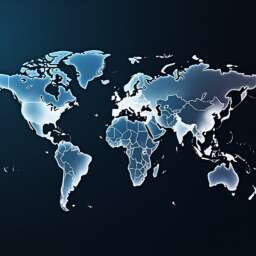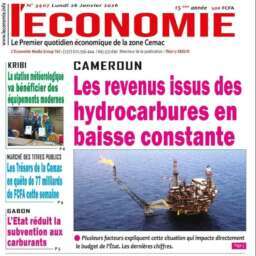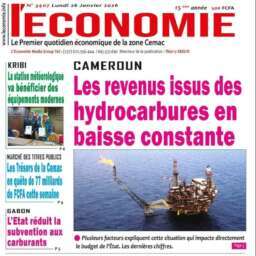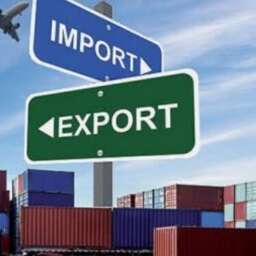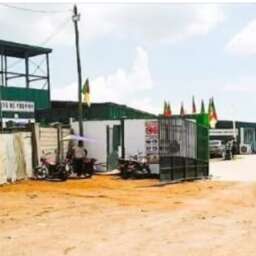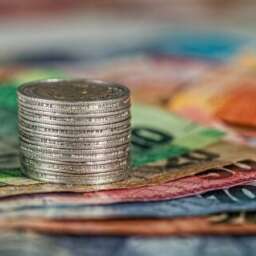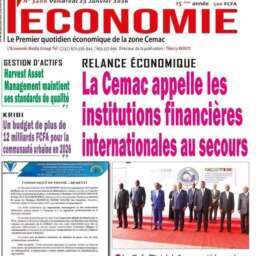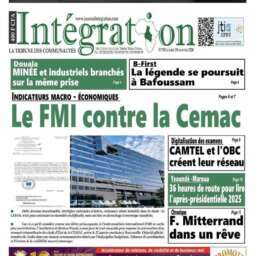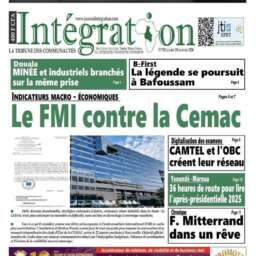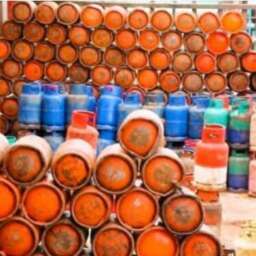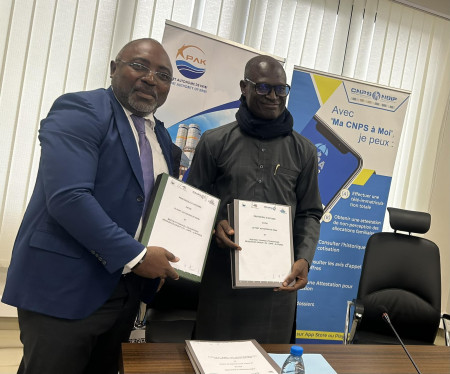(Business in Cameroon) – The Kribi Deep Sea Port and a consortium of investors have entered into a partnership to construct a 125-million-tonne-per-year mineral terminal that will expand Cameroon’s maritime and export capacity. The agreement, signed on Tuesday, 4 November 2025, brings together the Port Authority of Kribi (PAK), the National Social Insurance Fund (CNPS), Bestway Finance Ltd/AustSino Resources Group Ltd, G-Stones Resources, and Camina SA, to structure the technical, financial, and legal framework required for the large-scale infrastructure project at the Kribi Deep Sea Port.
Speaking during the signing ceremony in Yaounde, the Director General of Bestway Finance Ltd, Alexandre Mbiam, explained the project’s phased approach. “We are first going to build a marine jetty with a capacity of 30 million tonnes per annum… then move up to 125 million tonnes per annum, and if need be, 150 million tonnes per annum. The global mineral terminal has a cost of $2 billion, which represents the capital expenditure.”
The necessity of the new infrastructure was underscored by the Director General of the Port Authority of Kribi, Patrice Melom, who stated, “We will need this infrastructure. We thought that it was good for us to gather all these companies and to see how we can move forward together financially, technically, so that very quickly we can build the infrastructure.”
This sentiment was echoed by the Director General of Bestway Finance who articulated the local benefit. “70% of the employment goes directly to the local population. After five years of starting the operation, we want 95% of the jobs, and that includes the most senior jobs, to be for the local population,” Alexandre Mbiam said.
According to the officials, the partnership cements the government’s strategy to establish a dedicated steel cluster within the Kribi industrial zone, thereby enhancing the domestic steel value chain and laying the groundwork for the first exports of iron ore from the massive Mbalam-Nabeba deposits, a milestone anticipated by December 2025.
Stepping in as an institutional investor, the Director General of CNPS, Alain Olivier Noël Mekulu Mvondo Akame, said the initiative aligns with the government’s industrialisation strategy. “The Port Autonome de Kribi will be able to receive and export all our minerals produced in the country, create jobs for our youth, and generate resources for our economy, aligning with the vision of the Head of State for a greater Cameroon,” Mekulu Mvondo noted.
The new infrastructure is expected to build up on the Port Authority of Kribi’s most recent performance data. The deep-sea facility reported handling 12.7 million tonnes of cargo in 2024, an increase of 17.7% compared to the 10.7 million tonnes registered in 2023, with over 390,000 containers already processed since the start of 2025.
The construction of the mineral terminal marks the third development phase of the Kribi Deep Sea Port, one of Central Africa’s largest maritime hubs. It is expected to boost Cameroon’s position as a regional export gateway for iron ore and other minerals. Data from the National Institute of Statistics show that the mining and quarrying sector contributed around 5.2% to Cameroon’s GDP in 2024. With construction expected to begin soon, the stakeholders hope that the project will upon completion, lift Cameroon’s economy from slippage to wealth creation, and from wealth creation to economic prosperity
Mercy Fosoh



